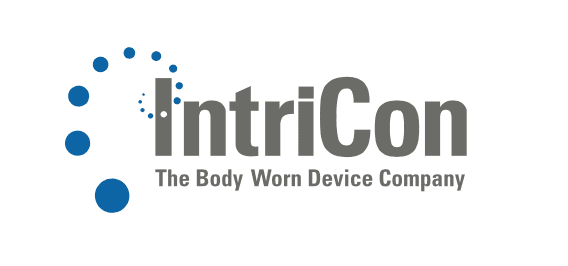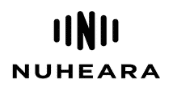IntriCon Inc, Arden Hills, Minn, a major supplier of economy/DTC hearing aids, PSAPs, and medical device components, reported in an investors’ conference call that it has experienced some headwinds due to a restructuring of its primary “indirect-to-consumer” customer (eg, United Healthcare’s hi HealthInnovations) hearing aid sales, direct-to-consumer sales (via its Hearing Health Express division), and the expected attrition from “legacy” hearing aid manufacturers (ie, companies outside the Big-5 global OEMs). However, the company continued to grow its medical biotelemetry division by 3.4% (Q2 YoY) which makes up 71% of its sales—with its largest customer being Minneapolis-based MedTronics—that mostly counterbalanced the 13.6% sales decrease in its hearing health business, according to IntriCon CEO Mark Gorder.
The company has also recently invested in increasing its manufacturing capacity, which contributed to what it believes are the temporary declines in margin. Second-quarter 2019 gross margins are 28%, down from 33% during the same period last year. IntriCon reported sales of $116.5 million in 2018, up 28.5% from $90.6 million in 2017.
The company is bullish on the prospects of the upcoming Over-the-Counter (OTC) hearing device regulations from the US Food and Drug Administration (FDA), which it anticipates being issued in November. In his comments, Gorder was optimistic that the regulations would be more lenient relative to the amount of allowed hearing aid gain and for whom the devices might be intended.
“So what the legislation allows is for the consumer to decide what is mild to moderate,” said Gordon in the conference call. “That’s good for us because…that allows for more higher power hearing aids to be sold into the OTC market which increases the addressable market that we can obtain with the OTC category. And our feeling is that the FDA is going to be relatively liberal on that regard. There was already some published [product data]—they already approved an FDA De Novo application [from Bose] composed for a self-fitting device that [has] a power level of about 120 dB SPL, which is pretty good from our perspective. So, the fact that that’s already been approved indicates to us that the legislation is going to be pretty favorable going forward relative to specifications that would allow a relatively large addressable market.”
Gorder is optimistic that the OTC regulations will be proposed by this November, with a 6-month public comment period—meaning that the new rules will be in place sometime in mid-2020.
As part of its OTC/DTC efforts, the company is also working on its Sentibo/signison software, which is being jointly developed by IntriCon and Soundperience acoustic lab in Rüdesheim am Rhein, Germany. Sentibo is being designed as a platform that can be used by Hearing Help Express and other IntriCon customers for online hearing aid self-fitting. Gorder said the company will be conducting a clinical trial and submitting a 510k clearance application to the FDA for approval, with hopes of Sentibo being commercially available sometime around mid-year 2020, roughly coinciding with the anticipated issuance of new OTC device regulations. Gorder also said Hearing Health Express has been curtailing some of its advertising activities and looking for ways to increase its efficiencies.
In their “indirect to consumer” business, which is currently dominated by hi HealthInnovations, the company continues to seek out new potential partners like Bose, Best Buy, and other potential large future players in the hearing healthcare field.
“One of the things we’re seeing as the [OTC] legislation is becoming nearer and nearer is more and more parties are interested in this space, and they’re coming from numerous different channels and we’re working for our partners that have the type of technology in terms of hearing aids, self-fitting software, the customer support fulfillment that IntriCon has,” said IntriCon COO/CFO Scott Longvall in the conference call. “So, as we get closer to legislation, there could be more and more people that are interested, and it’s going to be our job to make sure that we position ourselves as the best-case supplier for these partners—and choose the ones that have business models we think can be [successful in the] longer term.”
Revenue from “legacy” hearing aid OEM revenue was $2.5 million, a decrease of 16.6% over the same period last year.
The company’s 2019 revenue is expected to range from $115 million to $117.5 million, with gross margin increases ranging between 27% and 28.5%. The reduced guidance primarily reflects the lower-than-anticipated order volume related to Medtronic’s ongoing global commercial launch and order delays associated with restructuring activities within large insurance customers in the hearing health business, said Gorder.






